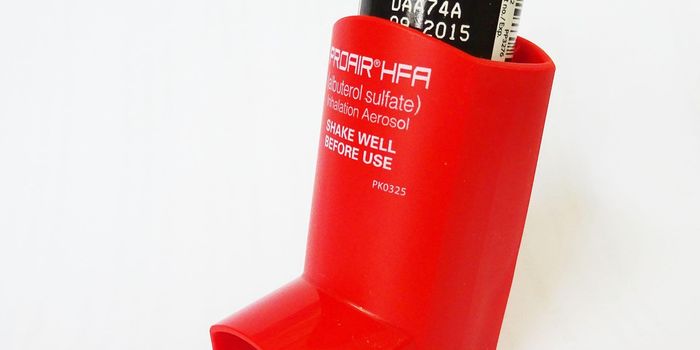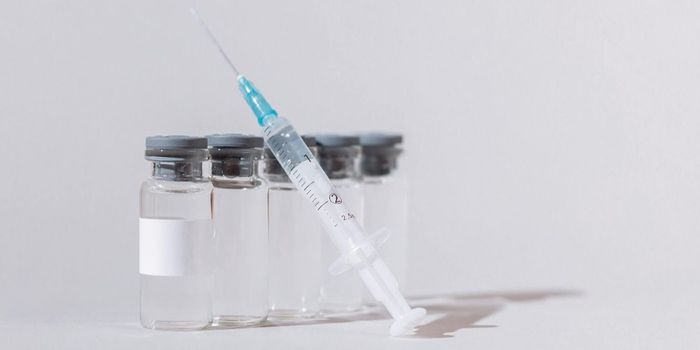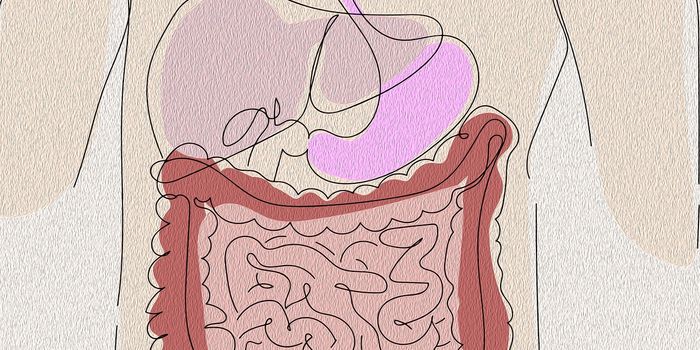The
American Cancer Society predicts that over 40,000 women will die from breast cancer this year, and that's just in the United States. As motivated as ever, scientists from the
University of Basel have developed a novel treatment plan to target breast cancer.
With their results published in
Science Translational Medicine, the team from Switzerland successfully created an "antibody-drug conjugate" (ADC) to pair with immunotherapy to attack cancerous cells. The ADC stimulates the immune system to bind to and kill tumor cells as they grow.
The basis of the ADC mechanism comes from an observation of breast cell growth factors. About one-fifth of breast cancer patients show increased levels of human growth factor receptor 2 (HER2) on their tumor cell surfaces (
breastcancer.org). Normal breast cell growth is harmless, but when too many HER2 genes are stimulating growth, cancer occurs. The ADC developed by the scientists from the University of Basel blocks the action of these malfunctioning receptors while simultaneously releasing cytotoxic chemicals that enter the tumor cell and instigate cell death.
In a study of mouse breast cancer models, the team combined ADC administration with immunotherapy treatments. By administering complementary antibodies to activate T lymphocytes, immunotherapy helps "reroute" the body's natural "immunoregulatory checkpoints" to ensure the right immune cells are being activated to fight the cancer. Without pairing immunotherapy with ADC treatment, T cell activation would not be as helpful.
Combination therapy is a bright, new perspective for breast cancer treatment, and doctors like lead author Philipp Muller believe that "antibody-drug conjugates are suitable for use in a combination therapy."
Watch the following video to hear more about ADCs in detail.
Source:
University of Basel









